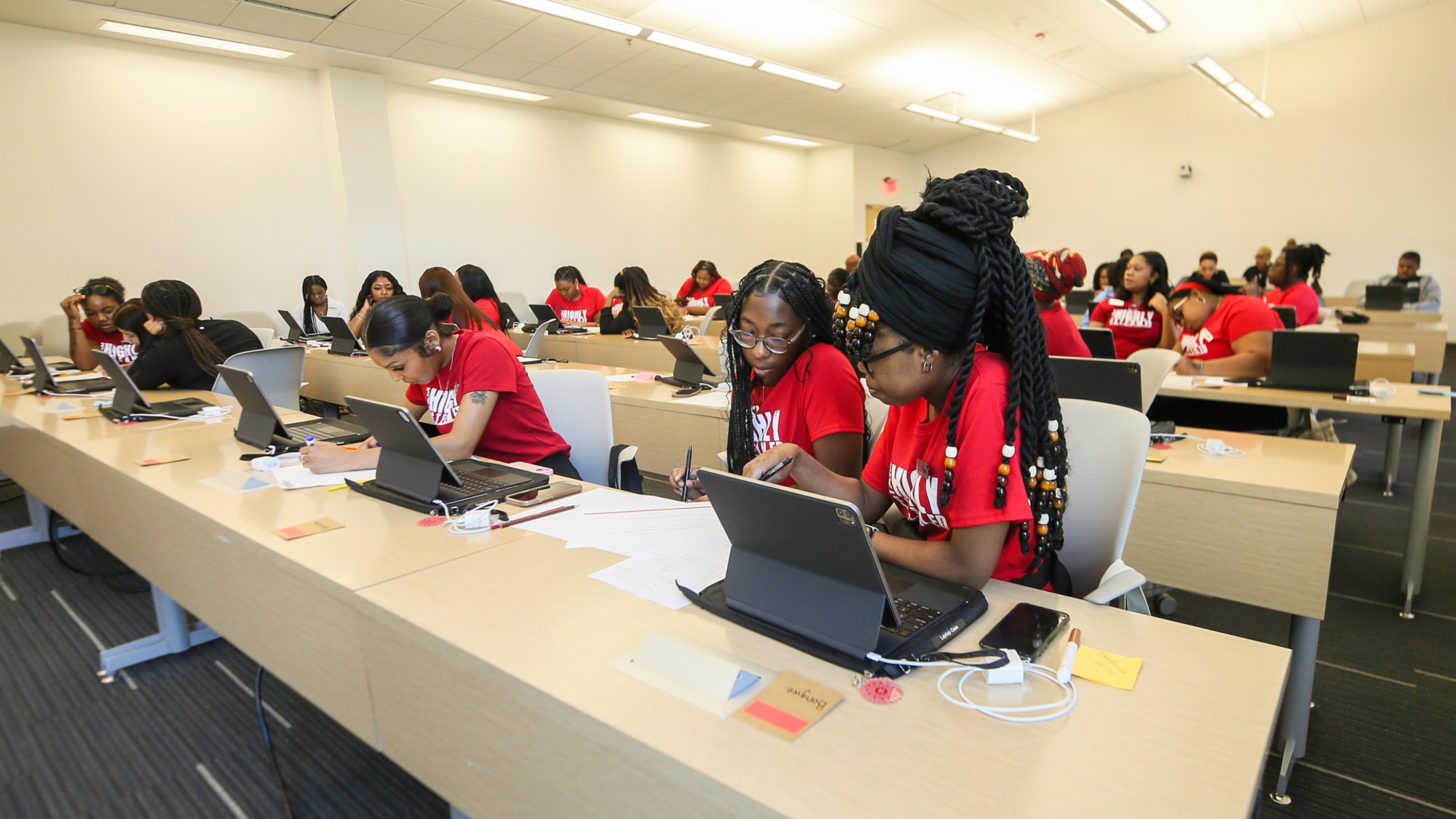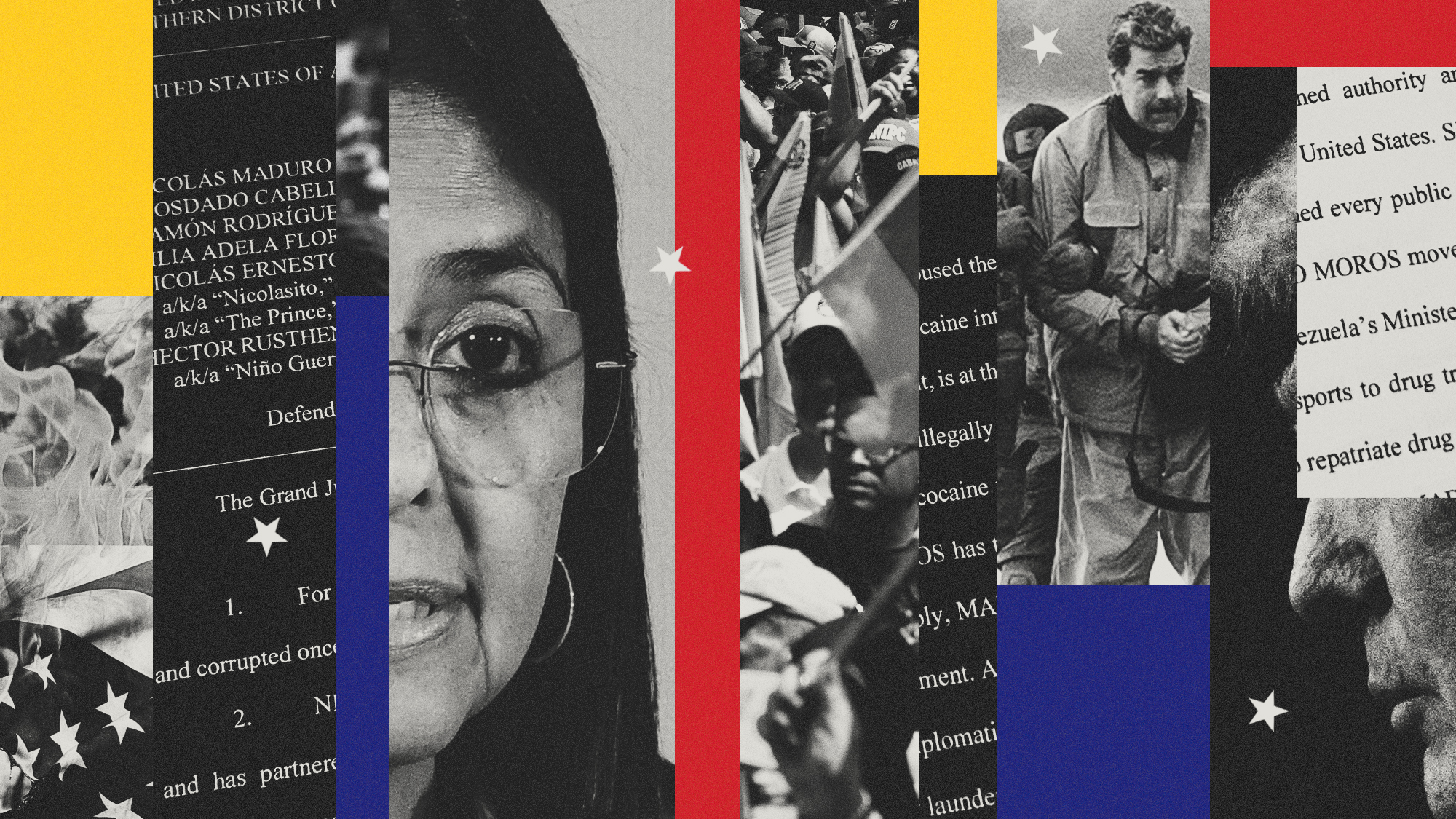The New York Times plays defense after publishing leaked Mamdani college application details
The decision to publish details of Zohran Mamdani's Columbia University application has reignited simmering questions about sourcing and editorial guidelines


A free daily email with the biggest news stories of the day – and the best features from TheWeek.com
You are now subscribed
Your newsletter sign-up was successful
The New York Times' decision last week to publish leaked details of New York City mayoral candidate Zohran Mamdani's 2009 Columbia University application has thrust the storied paper into a blossoming scandal. Revelations about the leak's origin from overtly far-right figures have threatened to undermine the Times' claims of newsworthiness.
The paper obtained the details through an unnamed intermediary described as someone who "opposes affirmative action and writes often about IQ and race," later identified as eugenicist Jordan Lasker. Now, Mamdani's (ultimately unsuccessful) Columbia application has taken the backseat to a broader furor over the Times' motivation and sourcing.
Newsworthy or manufactured issue?
As a high schooler, the Ugandan-born, ethnically-Indian Mamdani listed himself as both "Asian" and "African-American," which is "newsworthy," said Times Assistant Managing Editor for Standards and Trust Patrick Healy in a series of social media posts responding to pushback over the story. The decision to grant Lasker semi-anonymity by using his digital sobriquet was simply an opening for readers to "learn more about the person," Healy said. The Times' report was also pushed out "quickly" for fear of being scooped by far-right activist Christopher Rufo, "best known for his crusade against critical race theory," Semafor said. Rufo later confirmed Semafor's report on X.
The Week
Escape your echo chamber. Get the facts behind the news, plus analysis from multiple perspectives.

Sign up for The Week's Free Newsletters
From our morning news briefing to a weekly Good News Newsletter, get the best of The Week delivered directly to your inbox.
From our morning news briefing to a weekly Good News Newsletter, get the best of The Week delivered directly to your inbox.
Bummer to get scooped, but kudos to my friends at the New York Times for being first to publish the story https://t.co/SSOw62HnxaJuly 7, 2025
I "don't see the need" for the paper to have shielded Lasker's identity, said University of Minnesota Media Ethics Professor Jane Kirtley to Columbia Journalism Review. It's "disingenuous" to tease Lasker's full biography in a "game of 'we know something you don't know.'" Given that the story was based on hacked and leaked materials, there should be an "extra high bar of newsworthiness to justify publication," said former Times Public Editor Margaret Sullivan at The Guardian. The Mamdani piece "fell far short of the newsworthiness bar."
Claims of encouraging readers to learn more about Lasker on their own, or the need to precede Rufo's report, are just "spin" from the Times, said The Washington Post's Perry Bacon on Bluesky. The paper framed the initial report as "'Mamdani faked being Black'" because "they thought that was the story" and expected it to be a "huge scandal that would cripple him." The "core journalistic issue here" is that the Times "heavily suggested in its opening paragraphs" that Mamdani was "doing some sort of Dolezal situation," said journalist Matt Pierce on Bluesky, referring to Rachel Dolezal, the white former Spokane NAACP chapter president who misrepresented herself as Black. Those insinuations, Pierce said, were "unsupported" by the Times' "own reporting."
Political lessons
Regardless of the Times' motivation, there is "nonetheless value to the story of Mamdani's Columbia application," said Philip Bump at The Washington Post. The now-politician's challenges in articulating his complex identity offer an "excellent distillation of the narrow and archaic way Americans evaluate race" in both personal and institutional settings. While the story is "something of a nothingburger as far as Mamdani is concerned," people searching for a villain in this episode should instead be mad that colleges "incentivize applicants to be misleading about their skin pigmentation" because "false value is assigned to it," said Robby Soave at Reason.
Within the political arena, however, the Times' report has already been weaponized by some of Mamdani's electoral adversaries. His reliance on a "check-box of convenience" for "personal gain" is "deeply offensive," said incumbent Mayor Eric Adams in a statement. The episode is likely "just the tip of the iceberg" for the candidate, said a spokesperson for former Gov. Andrew Cuomo, Mamdani's main opponent in last month's Democratic mayoral primary, in a statement.
A free daily email with the biggest news stories of the day – and the best features from TheWeek.com
This incident, coupled with the Times' previous coverage, makes it appear as if the paper is "on a crusade against Mamdani," said Sullivan at The Guardian. The real question, said Max Tani at Semafor, is how Mamdani will "treat the hometown paper of record if he is elected mayor in the fall."
Rafi Schwartz has worked as a politics writer at The Week since 2022, where he covers elections, Congress and the White House. He was previously a contributing writer with Mic focusing largely on politics, a senior writer with Splinter News, a staff writer for Fusion's news lab, and the managing editor of Heeb Magazine, a Jewish life and culture publication. Rafi's work has appeared in Rolling Stone, GOOD and The Forward, among others.
-
 ‘States that set ambitious climate targets are already feeling the tension’
‘States that set ambitious climate targets are already feeling the tension’Instant Opinion Opinion, comment and editorials of the day
-
 Mixing up mixology: The year ahead in cocktail and bar trends
Mixing up mixology: The year ahead in cocktail and bar trendsthe week recommends It’s hojicha vs. matcha, plus a whole lot more
-
 Labor secretary’s husband barred amid assault probe
Labor secretary’s husband barred amid assault probeSpeed Read Shawn DeRemer, the husband of Labor Secretary Lori Chavez-DeRemer, has been accused of sexual assault
-
 Kurt Olsen: Trump’s ‘Stop the Steal’ lawyer playing a major White House role
Kurt Olsen: Trump’s ‘Stop the Steal’ lawyer playing a major White House roleIn the Spotlight Olsen reportedly has access to significant US intelligence
-
 ICE eyes new targets post-Minnesota retreat
ICE eyes new targets post-Minnesota retreatIn the Spotlight Several cities are reportedly on ICE’s list for immigration crackdowns
-
 Gavin Newsom and Dr. Oz feud over fraud allegations
Gavin Newsom and Dr. Oz feud over fraud allegationsIn the Spotlight Newsom called Oz’s behavior ‘baseless and racist’
-
 ‘No one is exempt from responsibility, and especially not elite sport circuits’
‘No one is exempt from responsibility, and especially not elite sport circuits’Instant Opinion Opinion, comment and editorials of the day
-
 Businesses are caught in the middle of ICE activities
Businesses are caught in the middle of ICE activitiesIn the Spotlight Many companies are being forced to choose a side in the ICE debate
-
 ‘We know how to make our educational system world-class again’
‘We know how to make our educational system world-class again’Instant Opinion Opinion, comment and editorials of the day
-
 Venezuela’s Trump-shaped power vacuum
Venezuela’s Trump-shaped power vacuumIN THE SPOTLIGHT The American abduction of Venezuelan President Nicolás Maduro has thrust South America’s biggest oil-producing state into uncharted geopolitical waters
-
 ‘Maps are the ideal metaphor for our models of what the world might be’
‘Maps are the ideal metaphor for our models of what the world might be’Instant Opinion Opinion, comment and editorials of the day
